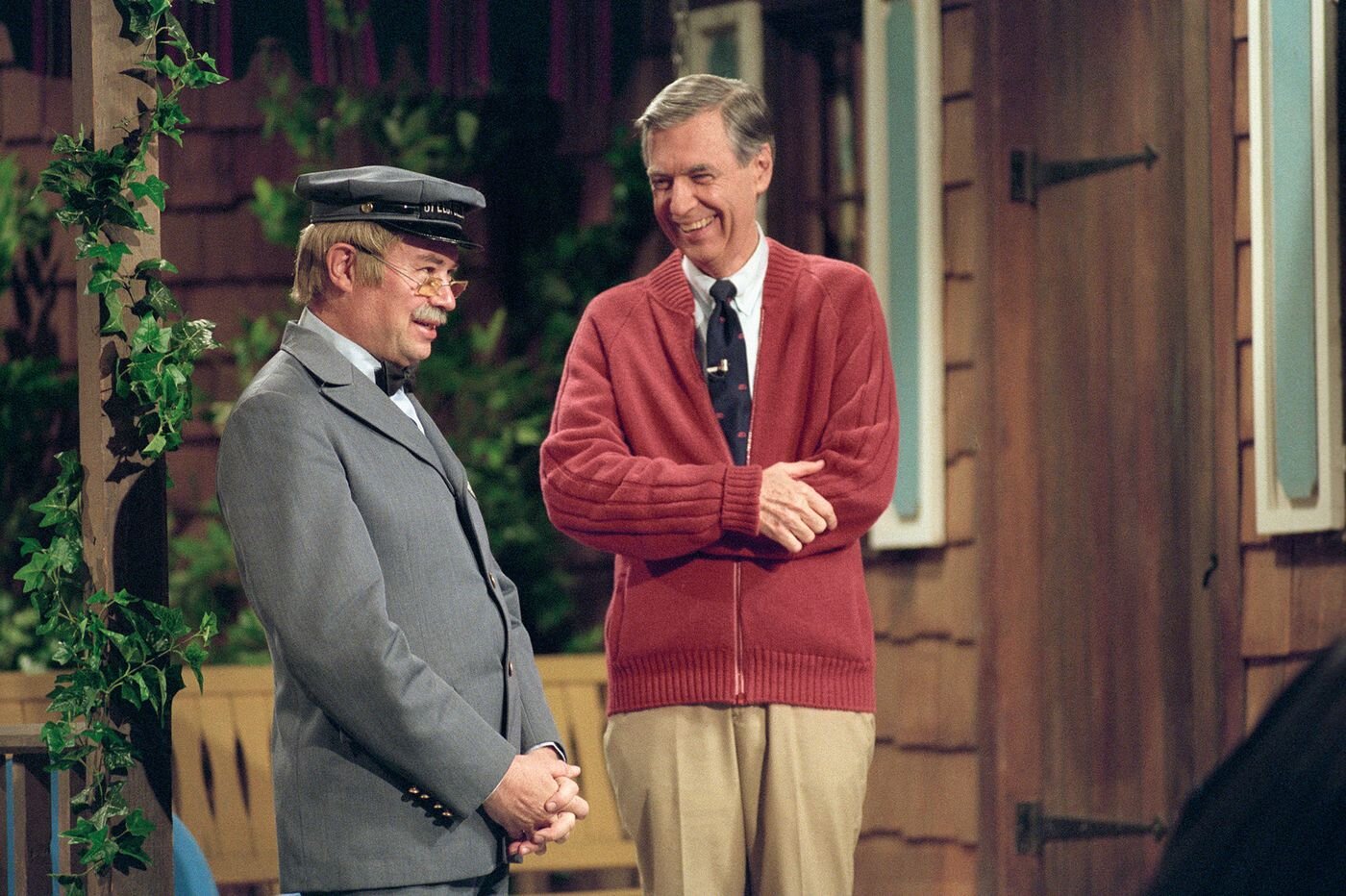In the Esquire article that inspired the new movie, A Beautiful Day in the Neighborhood, there’s a story of Mister Rogers being asked to contribute to a book for eye doctors. They specifically wanted Rogers to write advice for how these doctors could help children not be so afraid of visiting them. Rogers was able to sum up the entire message of his chapter in one sentence: “You were a child once, too."
The more I learn about Mister Rogers, the more I hear this idea repeated: the key to Mister Rogers’ success was that he could remember what it was like to be a child. He could remember the moments of fear, confusion, loneliness, and shame. He could still see the world through the eyes of a child. Think of how this changes the way you approach communicating important ideas to children.
As you grow up, you realize a lot of the fears you had as a child were actually completely irrational. You’re never going to get sucked down the drain of the bathtub. That’s literally impossible. But when you’re small, that terror is REAL. If you can’t remember just how real it felt when you were young, it can be more difficult to have empathy when trying to help a child who is struggling with the fear. You could become dismissive or angry when they don’t just “get over it.” You see things from the vantage point of maturity, and from where you’re standing you see how ridiculous the fear is, but the child cannot. “Why don’t you just see what I see!” We might never yell those words but our tone and attitude could still say it none the less.
Mister Rogers remembered. He could still climb back into his childhood self and see the world from that point of view. That had to be one of the keys to his success.
While I was attending a Christian college, I loved bugging my professors with as many questions as I could think of. Even though I grew up going to church I never really took Biblical literacy and theology very seriously. I didn’t realize how much I didn’t know until I got to college. I also didn’t realize how much I wanted to learn until I spent time with my professors. Looking back, it’s still remarkable how patient they were with me. All of them had at least a decade of teaching under their belts. I was probably asking questions they had heard countless times from a hundred different students every single semester. And yet, they always listened and responded as if it was the first time they had ever been asked. They were never (visibly) annoyed. They never rushed me. They never dismissed any question for being stupid.
Part of me wonders if my professors had the same gift of perspective that Mister Rogers had. Could they remember what it was like when they were still an immature Christian discovering the beauty of scripture for the first time? Could they recall hearing new ideas and concepts about the character of God and the nature of sin? They remembered all the excitement and confusion wrapped up in something new.
Is this also the key to discipleship? When you’re going to walk with someone toward maturity in Christ it must help to remember what it’s like to start at square one. They don’t know better. They don’t know anything yet, just like you did when you first found yourself drawn to the gospel.
Let us never forget: you were a child once, too.












